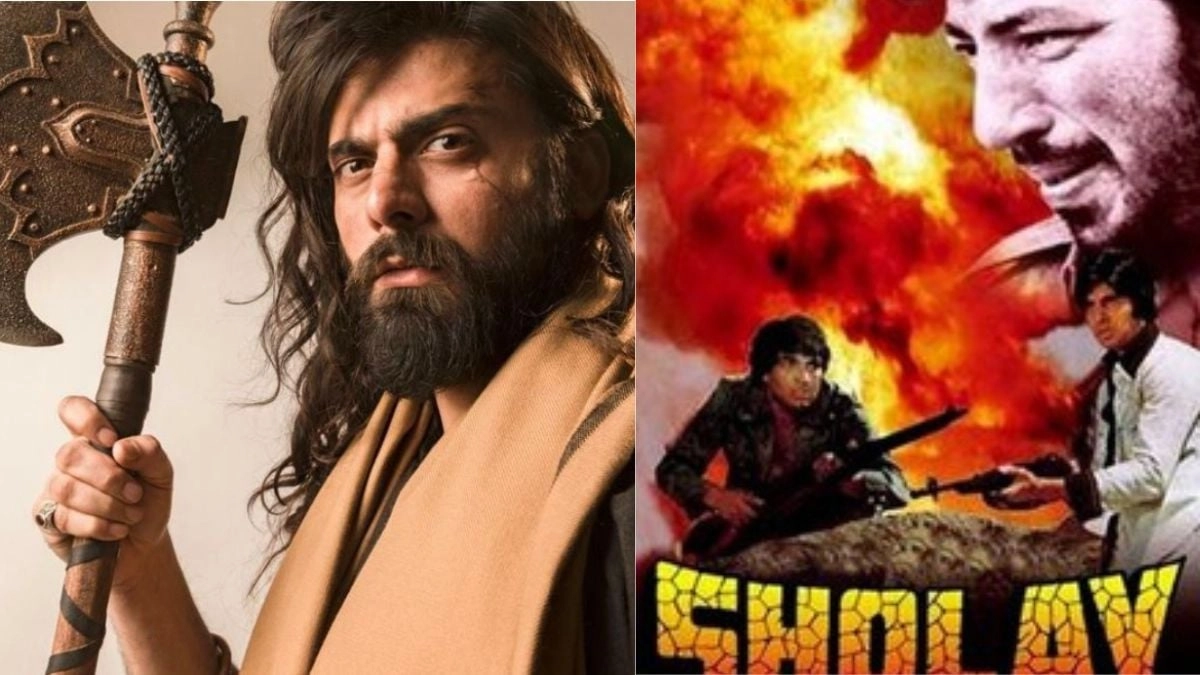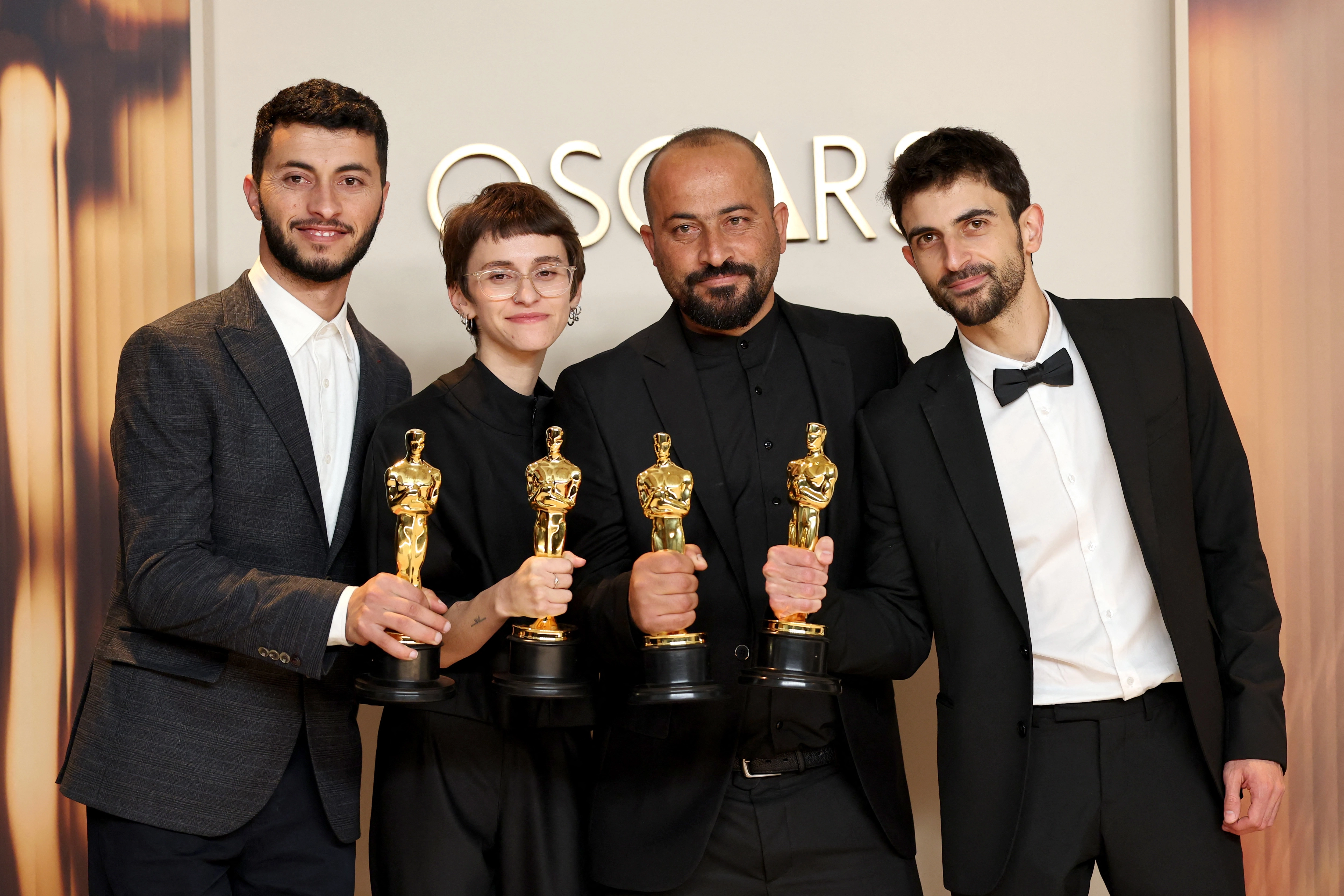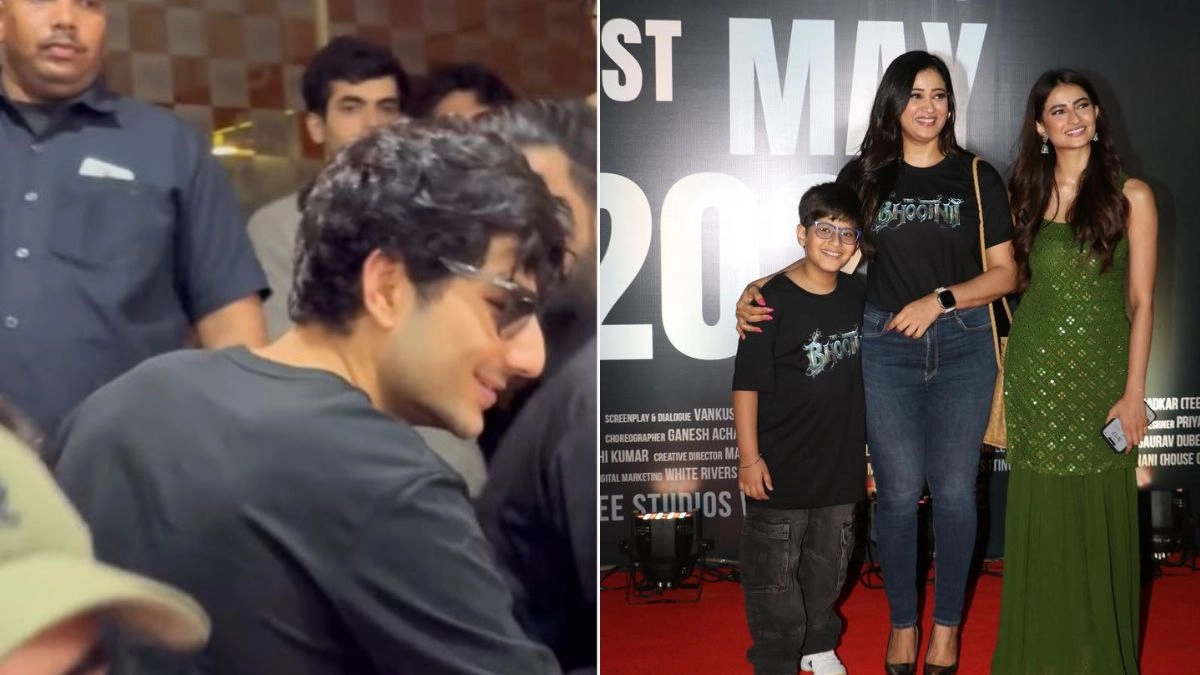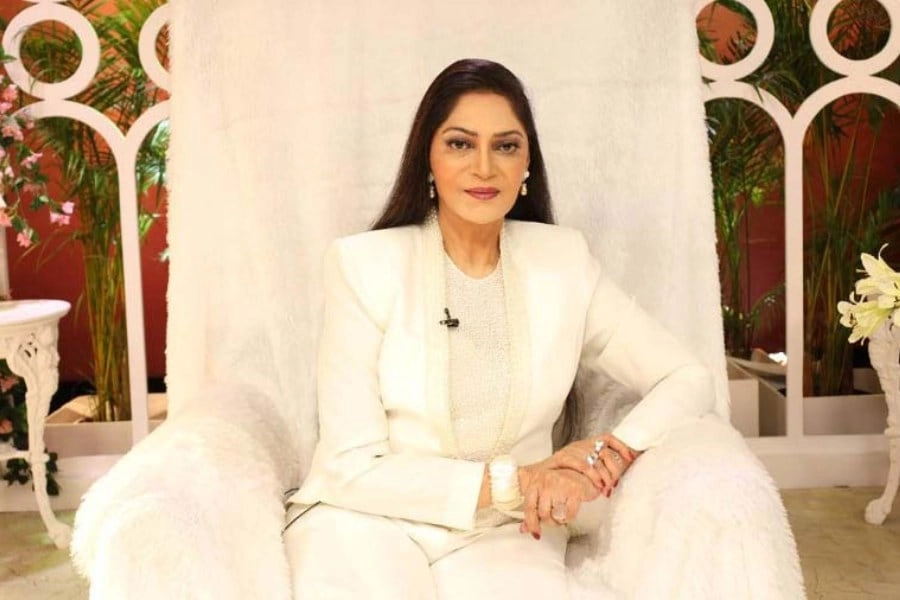Fawad Khan’s portrayal in “Maula Jatt” has prompted comparisons to the iconic Bollywood film “Sholay,” earning it the moniker “The Sholay of Pakistan.” This comparison is rooted in several thematic and stylistic parallels that resonate with audiences in both countries. “Sholay,” released in 1975, is widely regarded as a classic, known for its unforgettable characters, intense drama, and a blend of action and humor. Similarly, “Maula Jatt” encapsulates these elements, weaving a rich narrative that combines folklore with contemporary storytelling. The film’s characters, particularly Maula and his adversary, embody a timeless struggle between good and evil, reminiscent of the dynamics found in “Sholay.”
Both films showcase a strong sense of regional identity and cultural pride, drawing on the rich tapestry of their respective narratives. “Sholay” is set against the backdrop of rural India and highlights themes of friendship and revenge, while “Maula Jatt” is steeped in Punjabi culture, showcasing the valor and struggles of its protagonists. The character-driven storylines in both films engage viewers emotionally, making them relatable across generations. Fawad Khan’s charismatic performance, coupled with the film’s vibrant cinematography and compelling soundtrack, further cements its status as a cultural phenomenon in Pakistan, akin to the legacy of “Sholay” in India.
Moreover, the cinematic techniques employed in “Maula Jatt” echo the stylistic choices that made “Sholay” a visual treat. The use of dynamic camera angles, dramatic slow-motion sequences, and a powerful score enhances the film’s narrative intensity, drawing viewers into its world. Fans of both films appreciate the way they blend action with moments of levity, creating a balance that is difficult to achieve. The chemistry between the lead characters in “Maula Jatt” mirrors that of the iconic duo in “Sholay,” further solidifying the comparison. This connection fosters a sense of nostalgia while simultaneously ushering in a new era of storytelling in Pakistani cinema.
In essence, Fawad Khan’s “Maula Jatt” resonates with audiences not only for its engaging plot and memorable characters but also for its cultural significance. By embodying the spirit of “Sholay,” the film revitalizes the classic themes of friendship, loyalty, and vengeance while celebrating the vibrant culture of Pakistan. As audiences continue to embrace this cinematic treasure, the film stands as a testament to the power of storytelling that transcends borders and connects people through shared experiences and emotions. The legacy of both “Sholay” and “Maula Jatt” serves as a reminder of the enduring impact of cinema in shaping cultural narratives and fostering connections among diverse populations.




